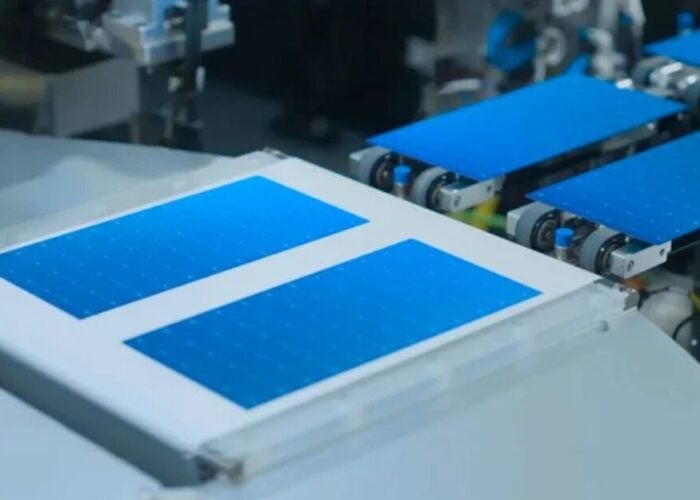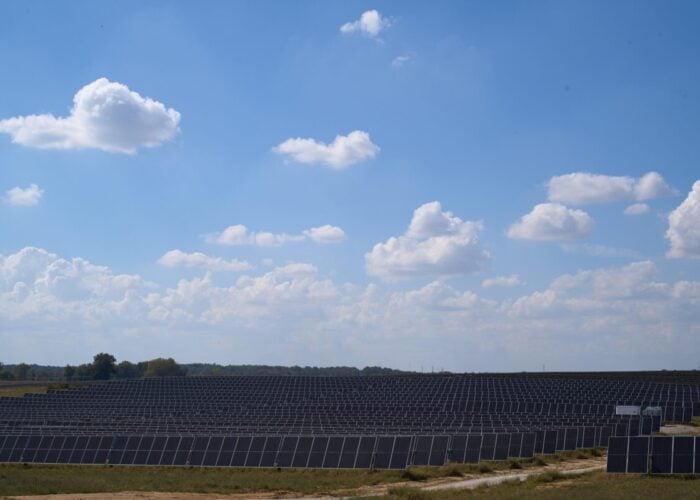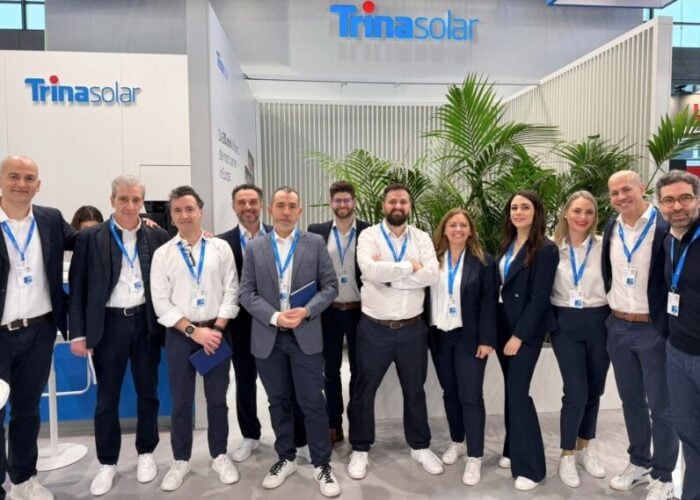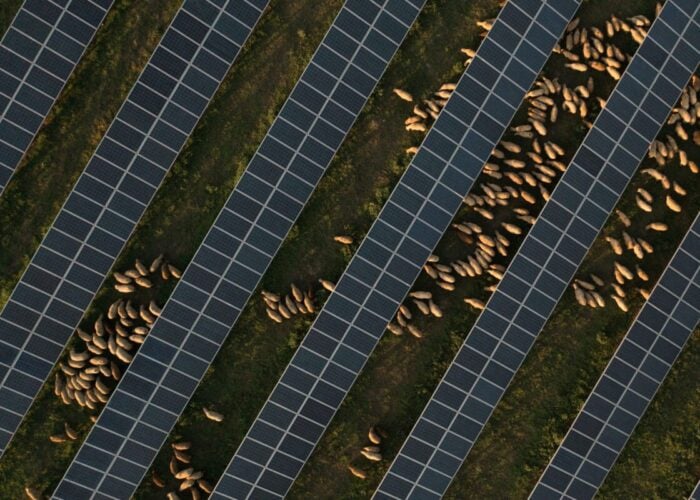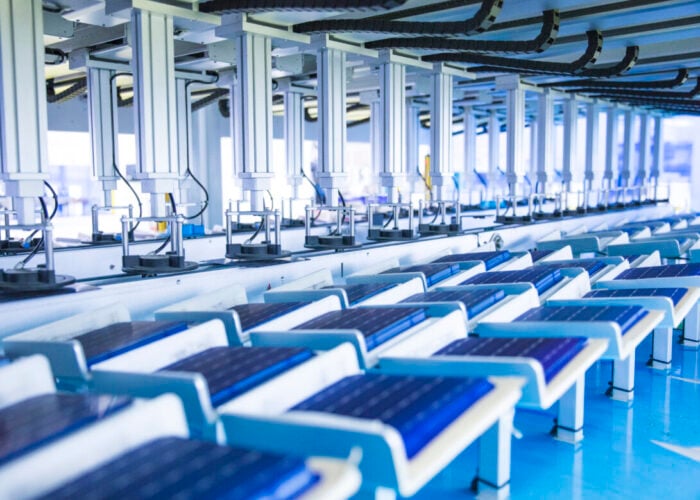India’s domestic solar manufacturing sector will collapse by the end of the year unless the government adopts the recommended anti-dumping duties, according to the CEO of Tata Power Solar.
Speaking at Intersolar Europe last week, Ajay K Goel said action was needed now to ensure the sector’s near-term future.
Try Premium for just $1
- Full premium access for the first month at only $1
- Converts to an annual rate after 30 days unless cancelled
- Cancel anytime during the trial period
Premium Benefits
- Expert industry analysis and interviews
- Digital access to PV Tech Power journal
- Exclusive event discounts
Or get the full Premium subscription right away
Or continue reading this article for free
“The reality is that in the last three years there has been so much overcapacity and so much dumping that if we do not take dramatic action now, then within six months the Indian manufacturing industry will be dead,” he told PV Tech.
“They are already in fairly bad shape. People have invested hundreds of millions of dollars in equipment and facilities and that are now just sitting idle. It’s a shame.”
Recommended duties of US$0.11 to US$0.81/W have been tabled with the finance ministry given a deadline of 22 August to decide whether or not to impose them.
Project developers in the country fear that the resultant increase in costs will mean delay projects and stall the country’s solar rollout.
But Goel, whose company is both a module manufacturer and a project developer, believes the industry needs to accept “some pain” in order to guarantee its longer term future.
“[Anti-] dumping is a short-term solution. The government has to provide a level playing field and allow the Indian manufacturers to grow,” he said. “Anti-dumping [measures are] a means to an end, after a while once the industry gets on its own two feet and reaches a certain scale, then those duties can be scaled back.”
Goel also revealed that the company plans to use its own modules for its projects if anti-dumping is adopted. It currently buys Chinese panels for use in India and exports its own the US and Europe market where trade duties against Chinese products are already in place.

